Euro 2020 delivers on-the-pitch thrills as a continent awakes from Covid lockdown
Heartbreak, drama, fine goals, controversy and unity in adversity – this summer’s delayed European Championship will live long in the memory
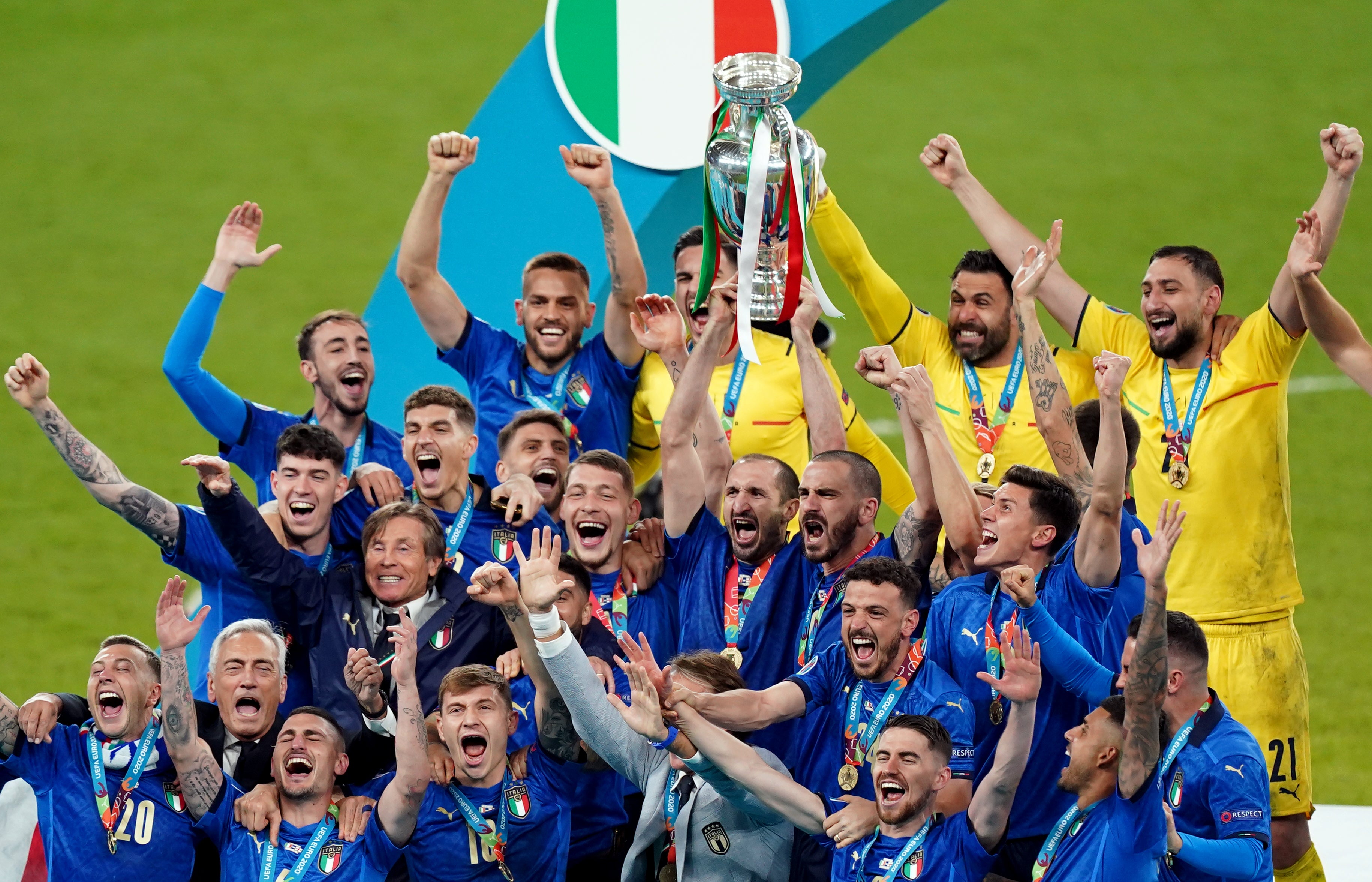
Heartbreak, drama, fine goals, controversy and unity in adversity – this summer’s delayed European Championship will live long in the memory.
The first pan-continental hosting of this tournament could scarcely have come at a worse time, with the landmark 60th anniversary edition pushed back to 2021 as coronavirus took hold in Europe last spring.
Uefa kept with the official title of Euro 2020 despite the delay and things had not changed vastly when the competition belatedly got under way across 11 countries last month.
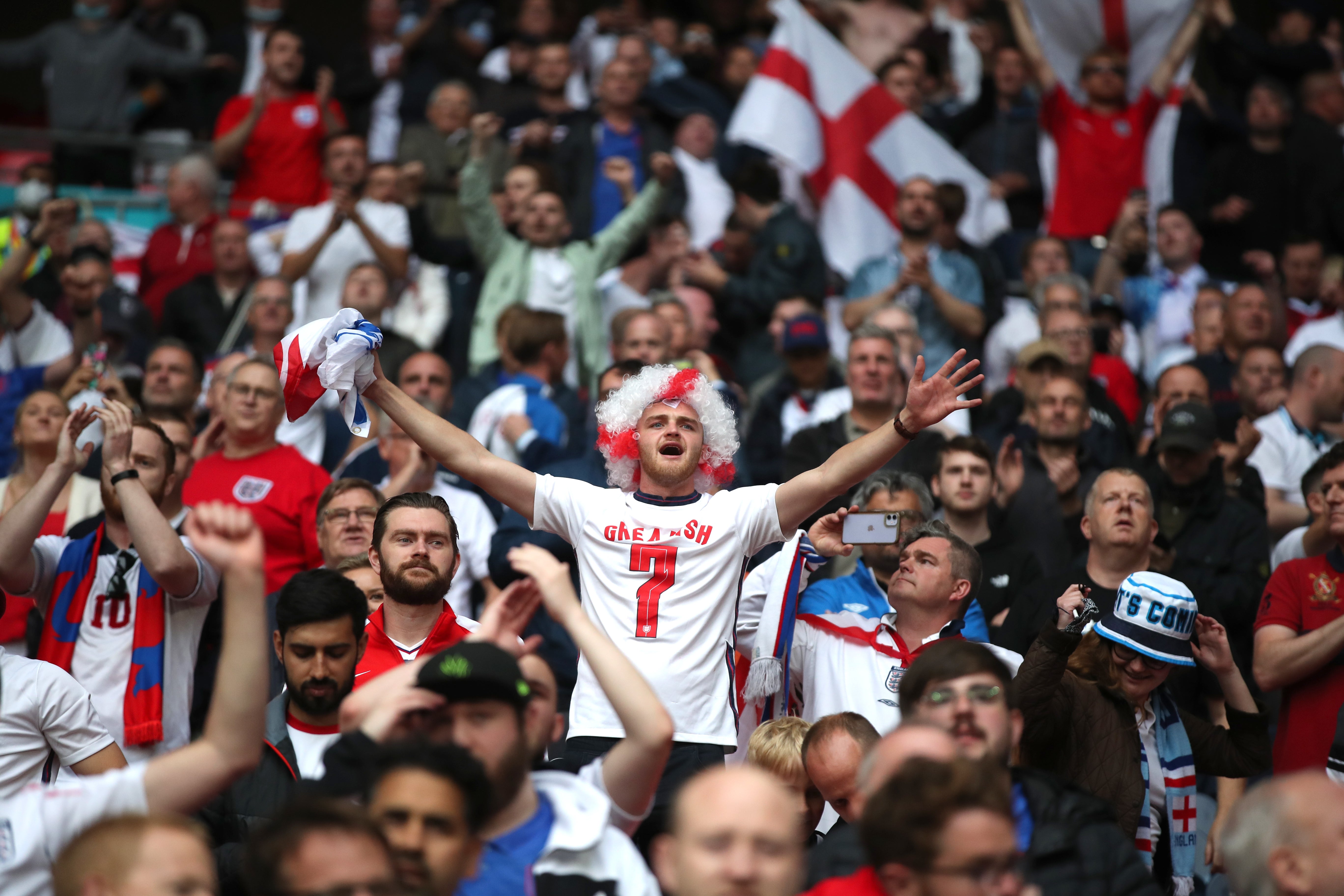
Limited travel and restricted crowds – apart from the matches in Hungary – were the order of the day during a tournament that began and ended with an Italy triumph.
Roberto Mancini’s men put the continent on notice when beating much-hyped Turkey 3-0 in the 11 June opening match, with the Azzurri pushing on and taking their eye-watering unbeaten record to a 34th match on Sunday.
“It’s coming Rome” echoed around Wembley after they beat England on penalties, with player of the tournament Gianluigi Donnarumma making two saves to seal a 3-2 spot-kick triumph after a tense 1-1 draw under the arch.
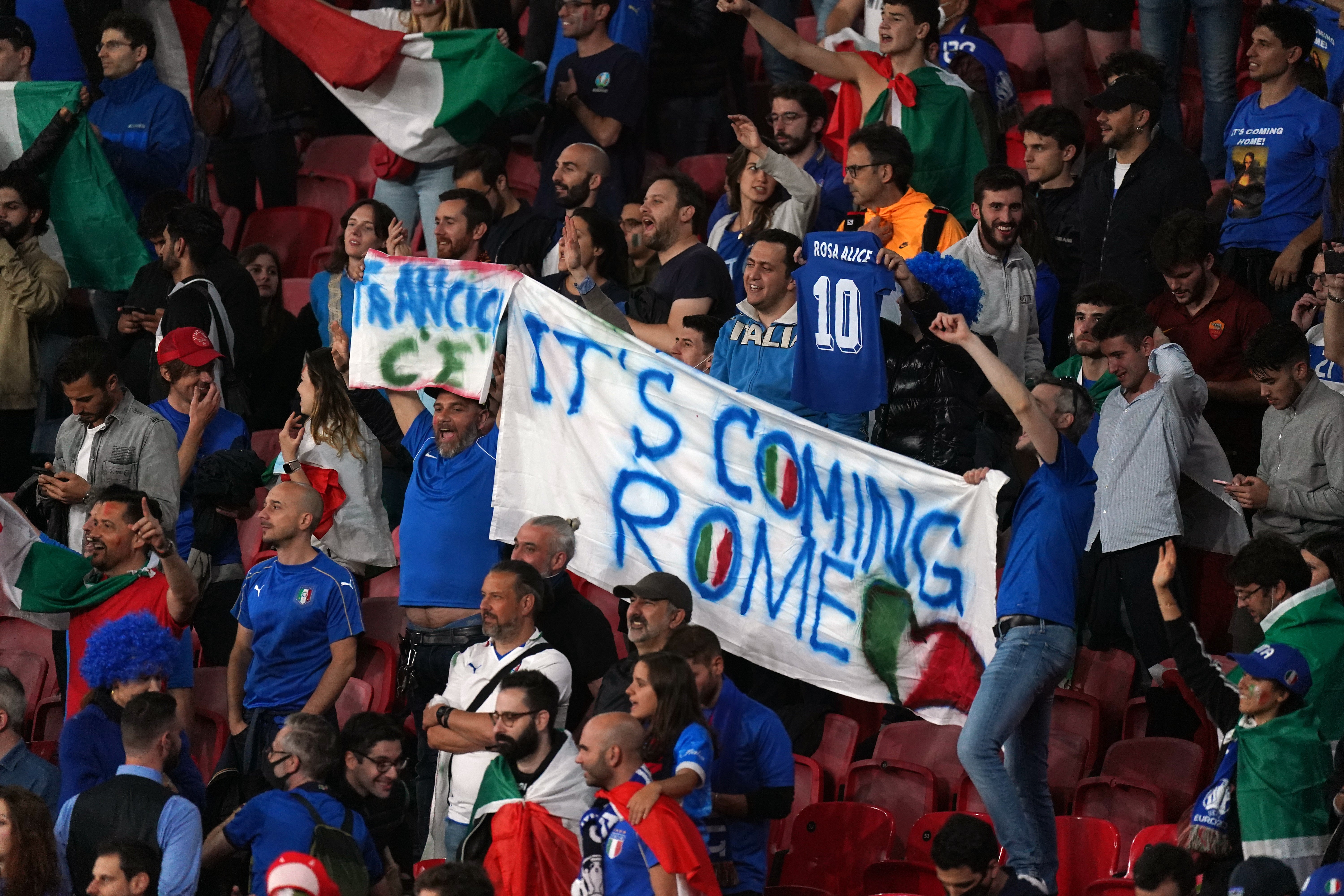
Italy’s second European Championship crown ensured the Three Lions’ wait for a major trophy extended beyond 55 years after a crushingly familiar loss for a country that hoped to have ended their shoot-out hoodoo.
The scars will run deep having gone so close only to leave with a silver medal, yet when the dust settles – and the mindless, sickening abuse subsides – this summer will be remembered fondly.
From defeating Germany to swatting aside Ukraine and beating Denmark to reach a first major final since winning the World Cup in 1966, Gareth Southgate’s young side gave their all and have plenty more to offer.
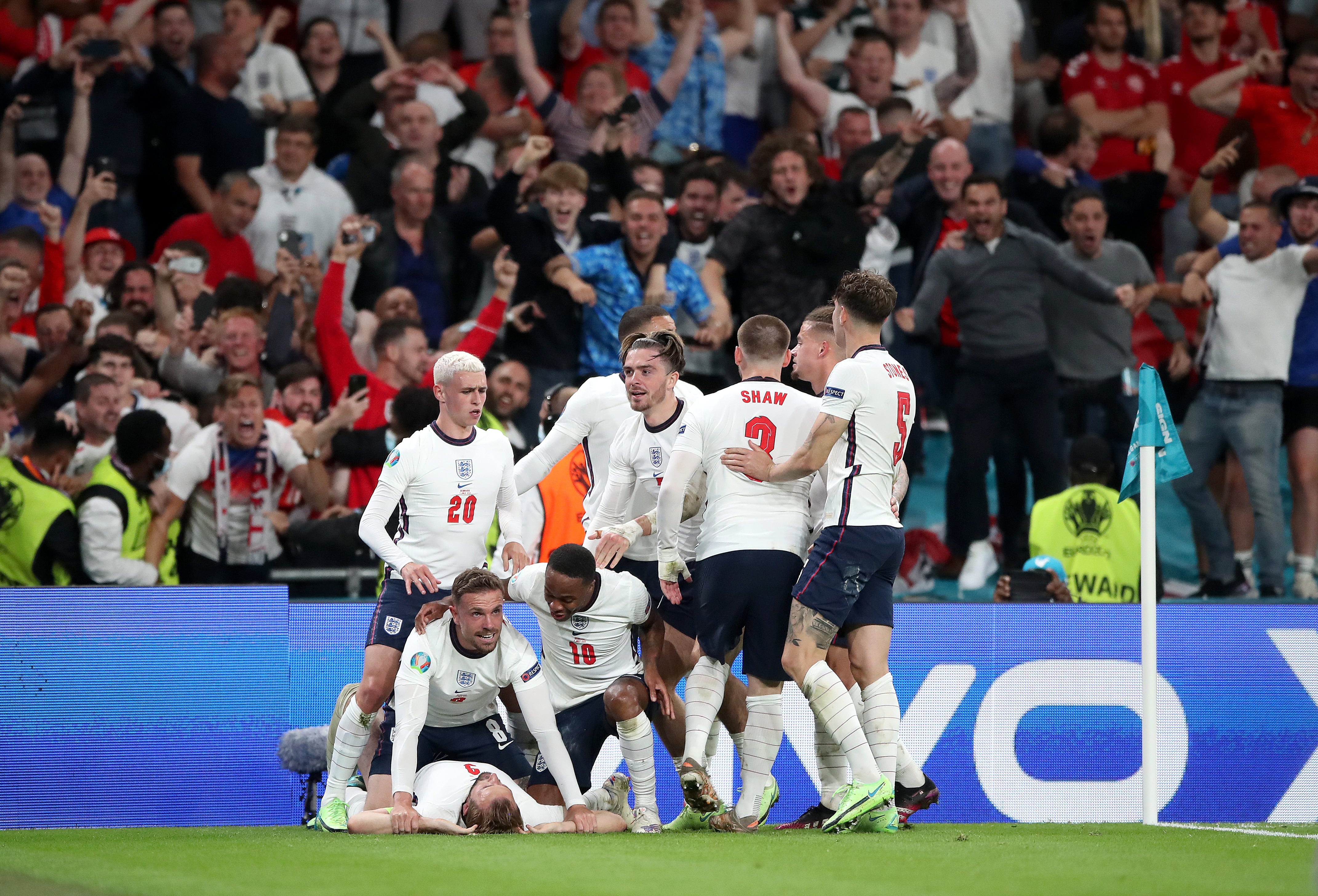
Fellow home nations Wales and Scotland did not get as deep in the tournament but there were still moments to enjoy.
The latter stepped out in their first major tournament in 23 years, with Hampden Park group fixtures bookending a trip to take on the Auld Enemy at Wembley.
Patrik Schick’s wonder goal wrapped up a Czech Republic win in Scotland’s group opener, but Steve Clarke’s side rallied and secured a hard-fought 0-0 draw against England to boost their hopes of qualification.
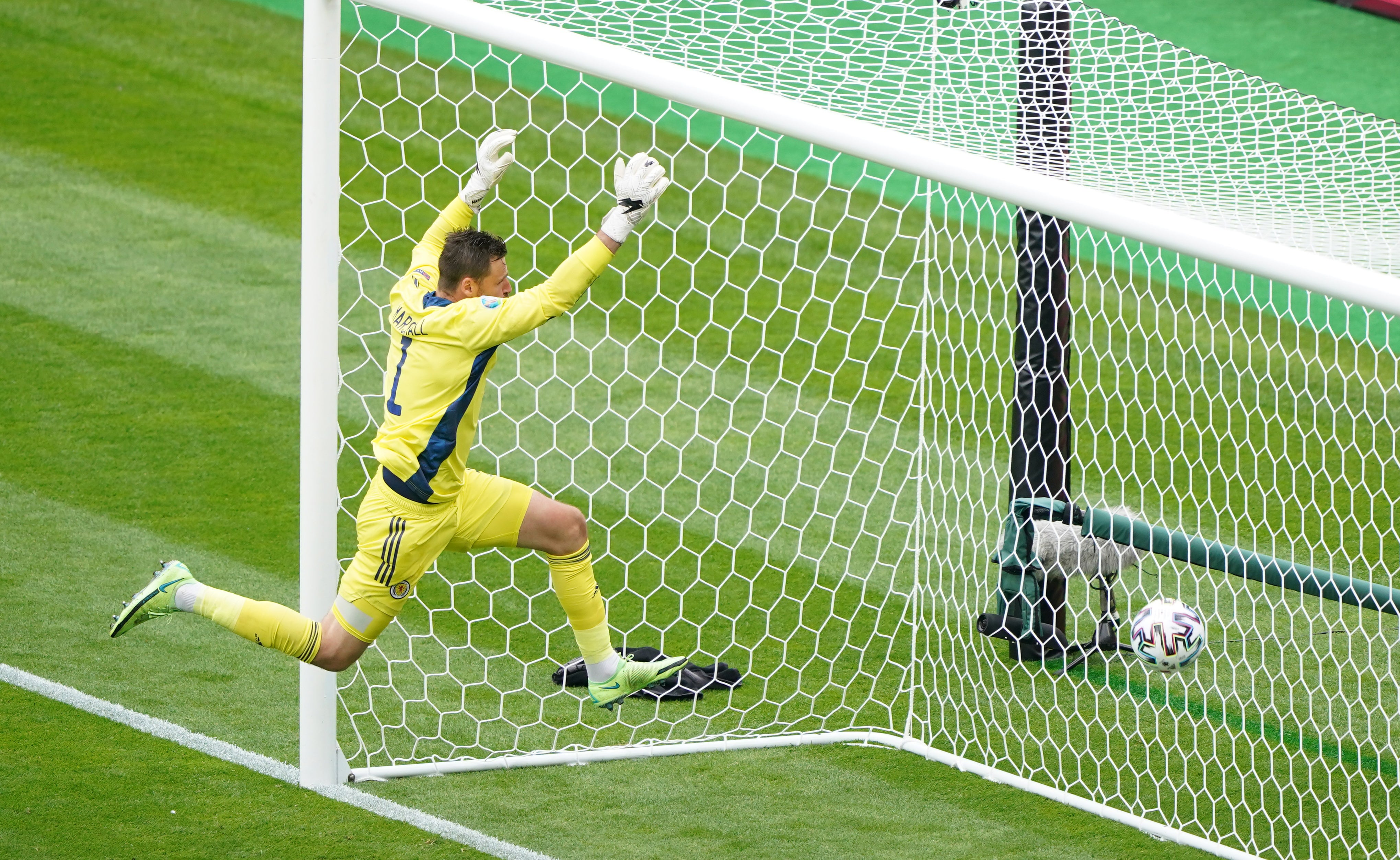
However, man-of-the-match Billy Gilmour was ruled out of the group finale after testing positive for a coronavirus and Luka Modric-inspired Croatia won at Hampden Park to end their tournament.
Wales made it out of their group as runners-up to eventual champions Italy under the tutelage of Robert Page, who stepped in impressively for Ryan Giggs.
They followed up a draw with Switzerland – who would go on to knock out reigning world champions France in a wild last-16 tie – with a fine 2-0 win against Turkey as Gareth Bale and Aaron Ramsey sparkled in Baku.
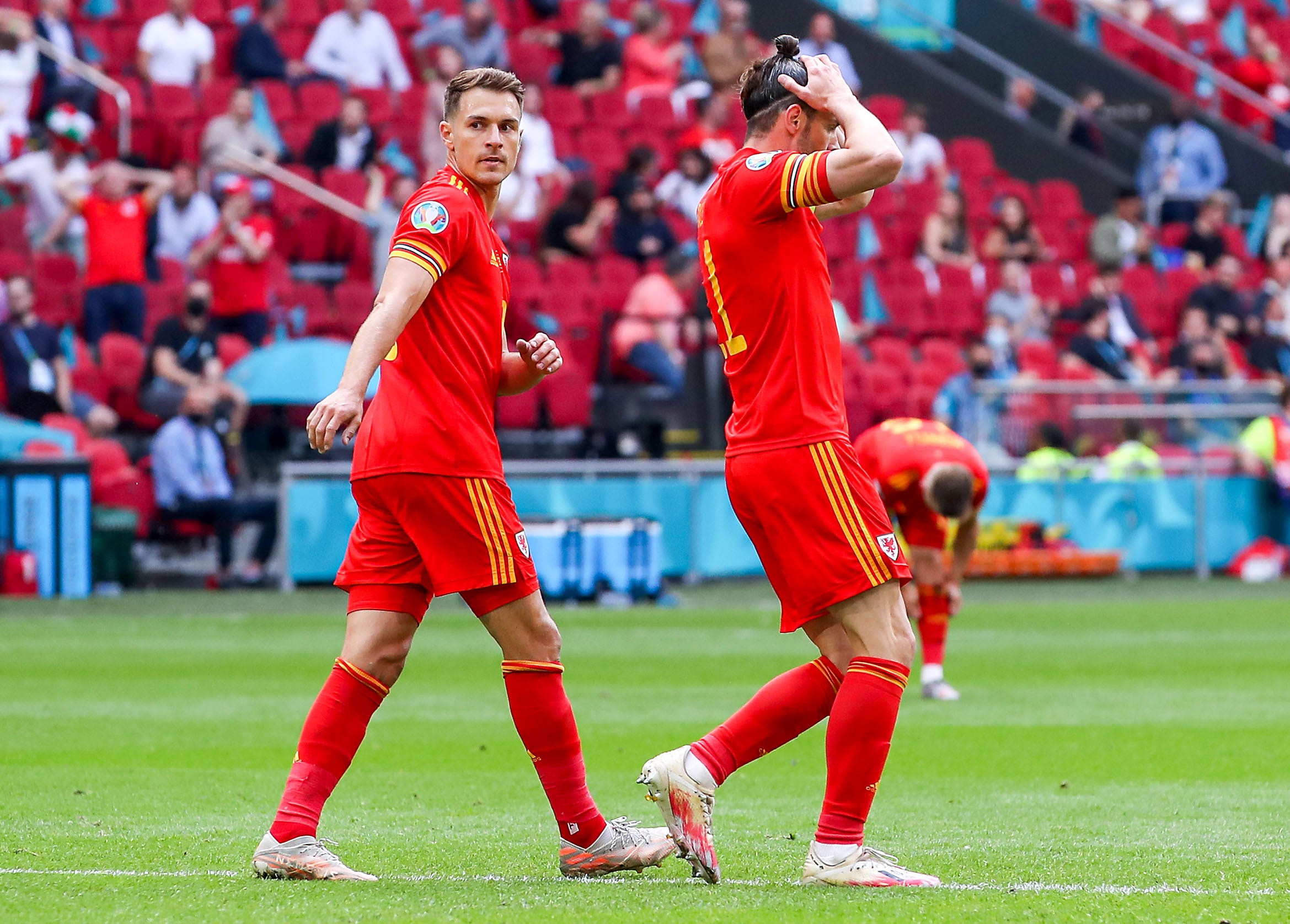
The defeat to a much-changed Azzurri was no disgrace, before their tournament came to an end with a 4-0 defeat to Denmark in the last 16.
In truth, that was the outcome most neutrals wanted. Wales were the surprise package that onlookers fell in love with during their run to the Euro 2016 semi-finals, but the Danes took that role this time around.
Shock reverberated across the world when ex-Tottenham midfielder Christian Eriksen collapsed in the first half of their group opener in Copenhagen against tournament debutants Finland having suffered a cardiac arrest.
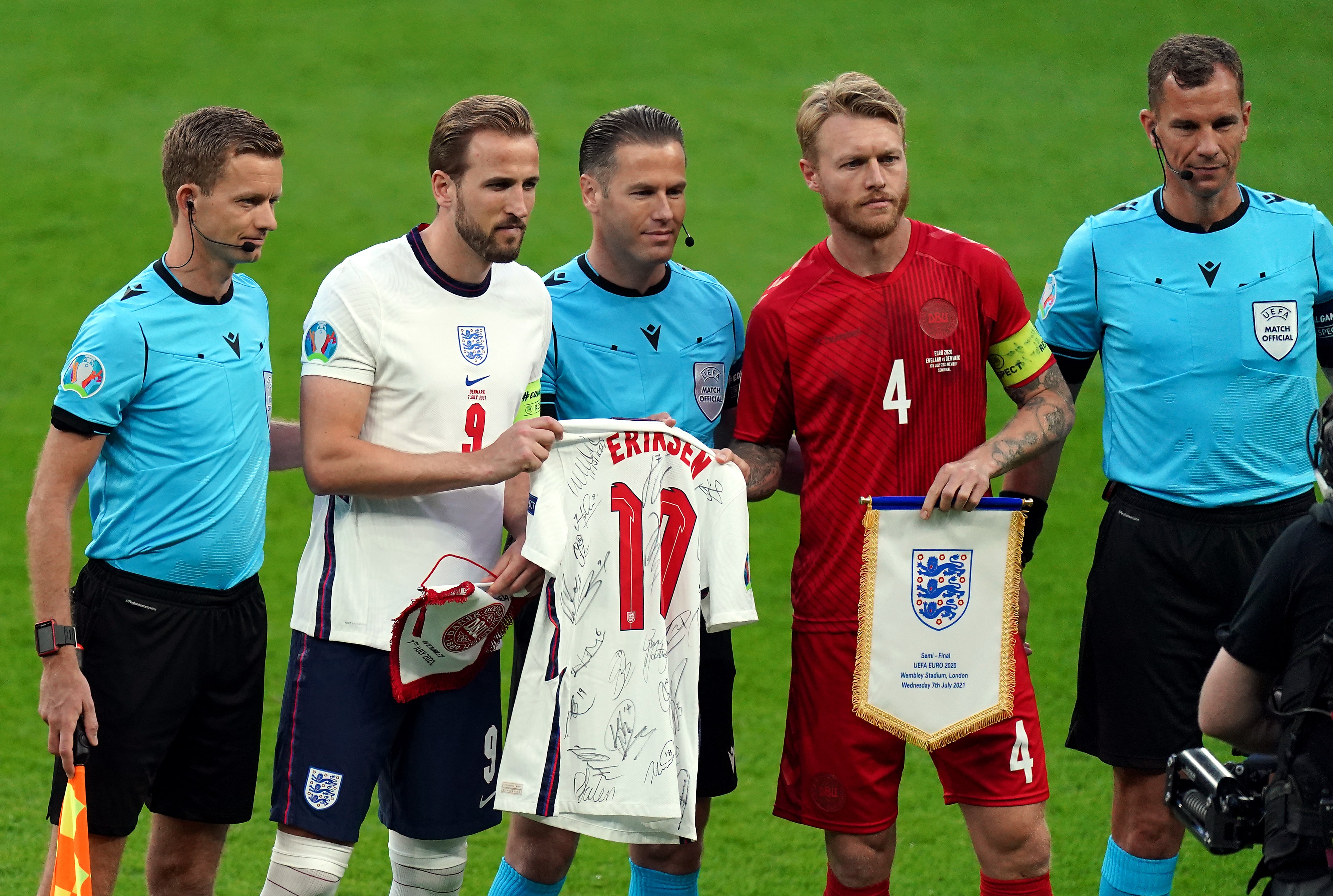
Denmark lost that match after the inexplicable decision to resume play and fell to defeat to Belgium, only to roar to victory against Russia and qualify as runners-up in Group B before beating Wales and the Czech Republic en route to the semi-finals
Kasper Hjulmand’s team were a ray of light in a tournament when Uefa came under scrutiny, from their management of the Eriksen incident to their fumbled handling of the rainbow flag.
The organisation of the final will also come under scrutiny in the weeks and months to come after a febrile atmosphere outside the ground spilled into Wembley as ticketless fans broke into Sunday’s game.
They were among a number of depressing moments during a tournament that saw 142 goals scored across 51 games played over 31 days.
Spain teenager Pedri was named young player of the tournament for exciting displays that belied his tender years, while Cristiano Ronaldo finished top of the scoring charts despite Euro 2016 champions Portugal’s early exit.
The 36-year-old’s five-goal haul in the so-called group of death saw him move clear of Michel Platini – the brains behind this cross-continental competition – as the top goalscorer in Euro finals history.
Ronaldo was among the big-name performers in a tournament that saw some lesser-known names come to the fore, producing plenty of entertaining football for fans to enjoy after a challenging, coronavirus-shaped period.
Bookmark popover
Removed from bookmarks